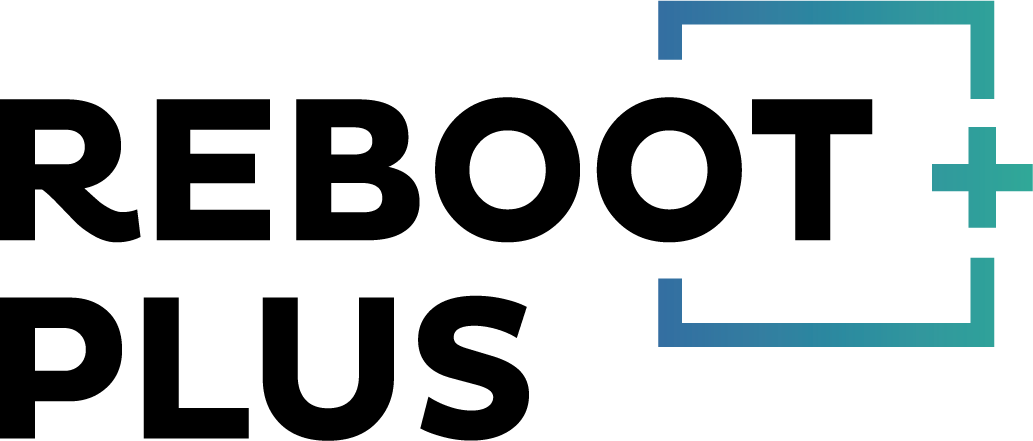The first cycle of the Reboot Plus program is now complete, with the second of three cycles underway. Students of this program express that it has exceeded their expectations and helped them realize a clearer vision of a future:
“I would never have fully indulged and invested my time in myself if it weren’t for this program. With the help of the facilitators, I was able to explore myself through personality tests, research, goal setting, and informational interviews with professionals in different careers.
- Make Use of the Resources Available
I first learned about this program at my school. A presenter from Douglas College outlined the key contents of the program and what it could offer to students. They also indicated the program was free. I decided to take up this opportunity because I wanted more insight and experience with career exploration and to build a plan with my hopes and desires laid out.
I have since found that this program can connect participants to resources that might not be accessible otherwise. I am currently signed up for Mental Health First Aid training and the cost is covered for me. The pressure of paying for this on my own is gone, and I can just focus on learning more about this topic. I am so excited.
- Step Outside of Your Comfort Zone
Growing up I had social anxiety and a lacked confidence. I found leading Informational Interviews helped boost my confidence tremendously. I felt really accomplished after completing them and was amazed at how well they flowed, even when I felt anxious. I discovered I was able to ask questions I hadn’t written down and learn even more about a professional’s journey. I felt very proud of myself, and found it got easier overtime. I have learned what to do, and what not. I can now apply my added knowledge in future situations, and plan to construct a few more interviews as I continue exploring.
- Be Willing to Explore Multiple Possibilities
I started the program with the idea of becoming a therapist to help teenagers struggling with mental health issues. I wanted to help them learn to function efficiently as they moved into adulthood. My inspiration came from my own experiences of having others nurture me in this way. They helped me believe in myself, and I thought this was a beautiful and meaningful process that I wanted to give to others.
I now realize that I can look at other ways of helping people reach their fullest potential. I am exploring Speech Language Pathology, as well as supporting children with learning disabilities. I, myself, have a math learning disability and I never imagined that I could help others in this way. I’ve always been the one that needed help. This was an enlightening realization. I am someone who would be able to relate to their experiences and empathize with youth, while guiding their learning. Helping youth who struggle with academics could be really rewarding.
- Set Goals
Throughout the program, we explored our values, key motivators, and the types of work environments that would allow us to fully enjoy our careers. We reflected on these elements with journal entries to help us learn more about our individual needs. We reviewed Specific, Measurable, Attainable, Relevant, and Time-based (SMART) goals to help us break down our plans. Our final product, the Action Plan, was the most detailed. This pulled together everything learned through the four months of the program. It is a guideline on my values, motivations, my two-to-three-year plan, what I’m actively working on throughout my schooling, potential barriers and bits of career exploration. I plan to update my Action Plan as my life changes, as I know my journey will not be linear.
- Set the Future in Motion
I have a lot of things to look forward to regarding my future. I look forward to experiencing college and discovering different aspects in Psychology. I want to build meaningful connections and relationships and put my full capabilities to the test. I want to challenge my limits through learning new things. I want to graduate; something I thought I would never do due to the challenges I’ve experienced in my mental health. There are a lot of things I have to look forward to in serving my life’s purpose.”
____
With funding from the Future Skills Centre, the Douglas College Training Group, the Burnaby Board of Trade, and PEERS Employment & Educational Resources are researching whether “hope-centred” career development can nudge students to further their education and career options. This program is a first-of-its-kind in Canada, where employment is not the outcome; rather “hope-centred” career development.
